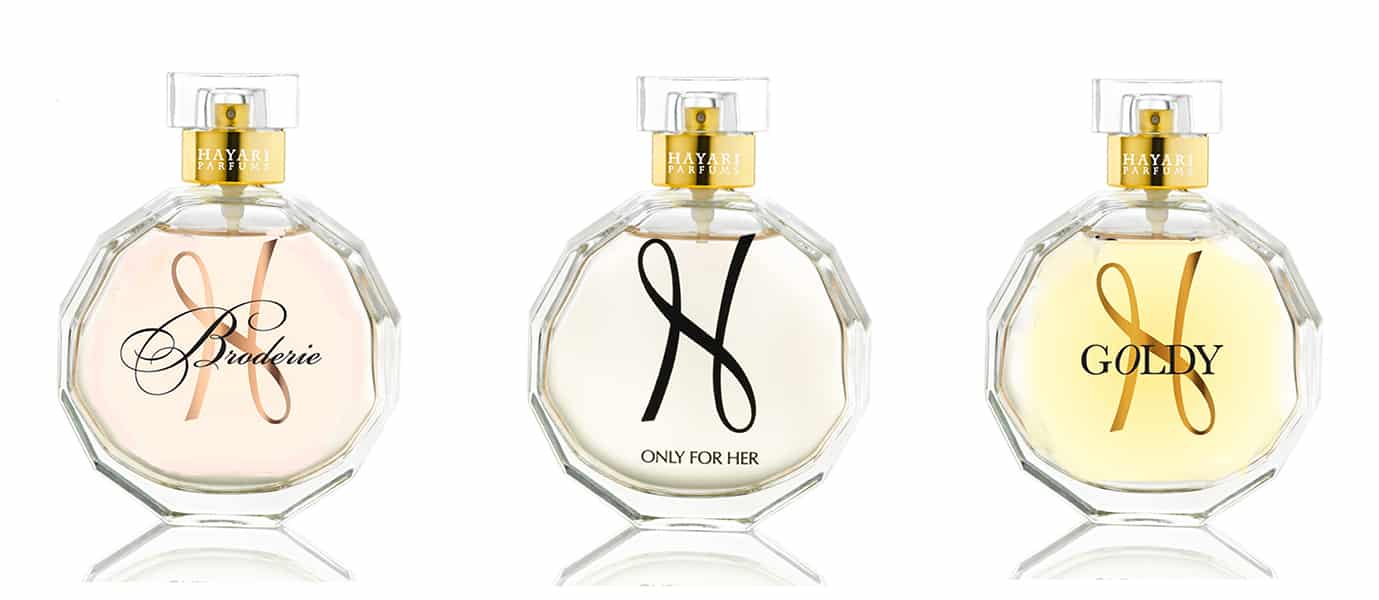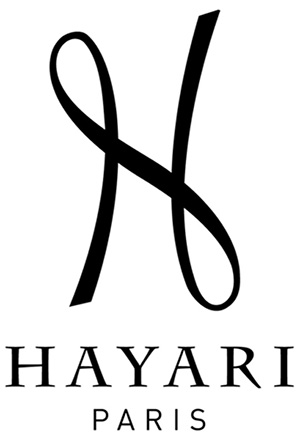Definition of a niche perfume and specificity in relation to a mass perfume 22 June 2020
We wear perfume to differentiate ourselves from others, to be unique. You can choose a perfume for different reasons: its brand, its scent, its notoriety… A whole choice to define a character. There are commercial and private perfumes on the market, some of which are considered mass market and others niche. Will you be able to tell the difference between them? We will give you more in this section.
Niche perfumes: what is it really?
The concept was invented around the beginning of the 80s, when the perfume industry was involved in advertising and marketing. This is how a few independent perfumers started creating perfumes by hand, freeing themselves from the marketing constraints and the advertising frenzy that this created. They focused more on their olfactory experience to create a fragrance of their own, without worrying whether they liked it or not. From there came bold, high-quality fragrances composed of beautiful materials. With a high concentration of rare, precious and expensive ingredients. These perfumes are what we call niche perfumes.
The perfumer-creator offers himself a great freedom of creation by developing a fragrance that retraces his emotions, his olfactory memories. The perfume created is thus a carrier of messages and emotions. It refers to its uniqueness, created so as not to please the greatest number of people. Besides, the juice will only be attributed to a very select public.
Because of this difference, it is sold at a golden price. Not only because of the quality of the raw materials used, but also because of the creative time and approach that led to this fragrance. Also, such a juicy market can only attract a broader trade.
Sought after by the big perfume houses, niche fragrances are gradually losing their quality, tending to conform to the criteria of mass market perfumes.
Niche and mass market perfumes
The niche fragrance is a home-made perfume launched by independent, private perfumeries. Like a designer perfume, it is only produced on a small scale. Perfumers, jealous of their juice, only share it with a clientele who will recognize themselves in the very scent of the perfume. These are exceptional fragrances that aim to revive memories, to tell stories. Values that mass fragrances do not seek to acquire.
Mass perfumes are commercial perfumes whose primary function is to be appreciated and sold to the greatest number of people. In this sense, they are manufactured in large quantities. The budget allocated to marketing goes beyond the design of the fragrance itself. It is an entire industry that hides and lives off these commercial rents. Yet these are the perfumes that we call luxury.
While niche perfumery is in search of quality, mass perfumery is in search of visibility. The rest depends on whether the customer himself or herself attends a perfume: luxury or a dream?
